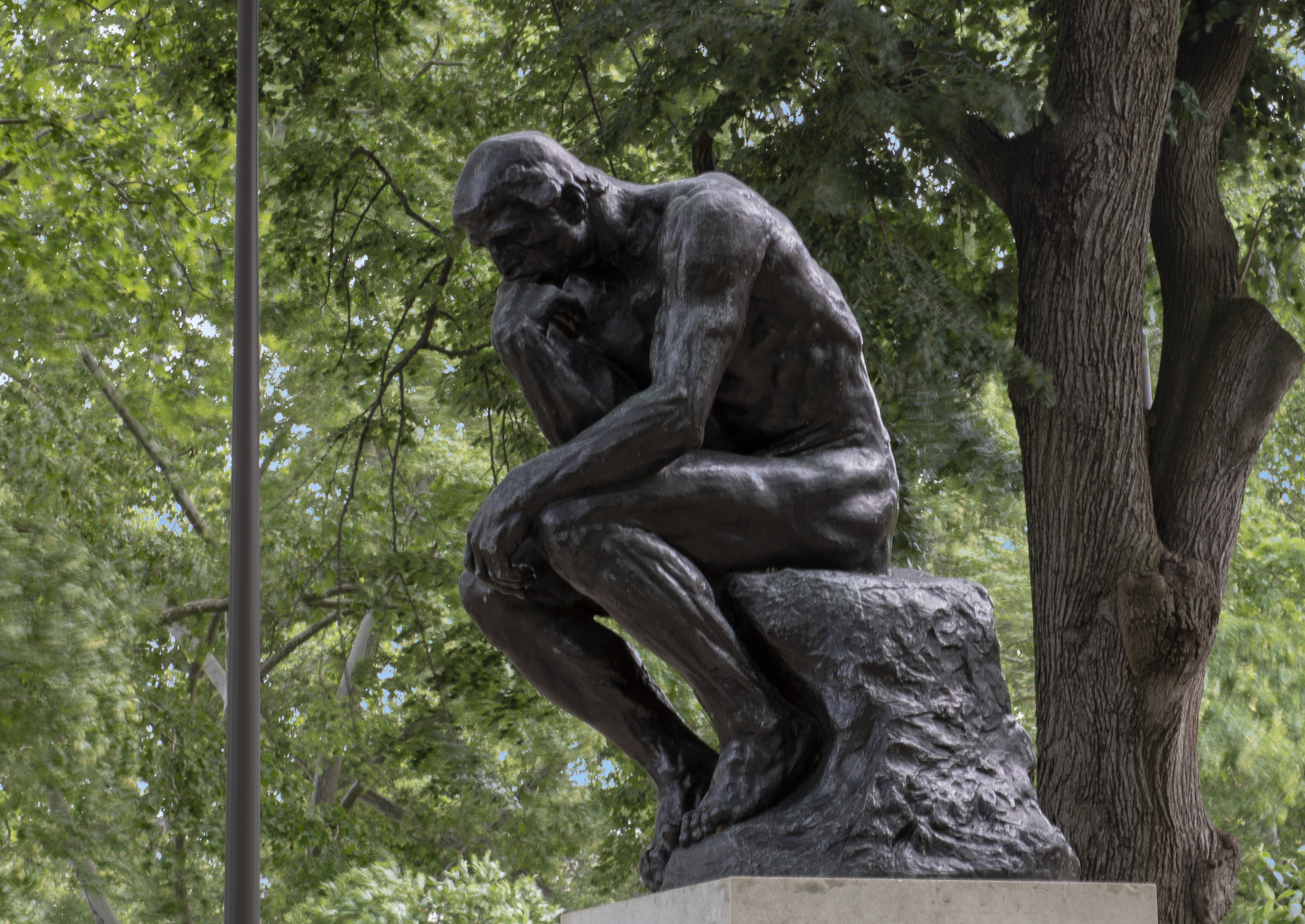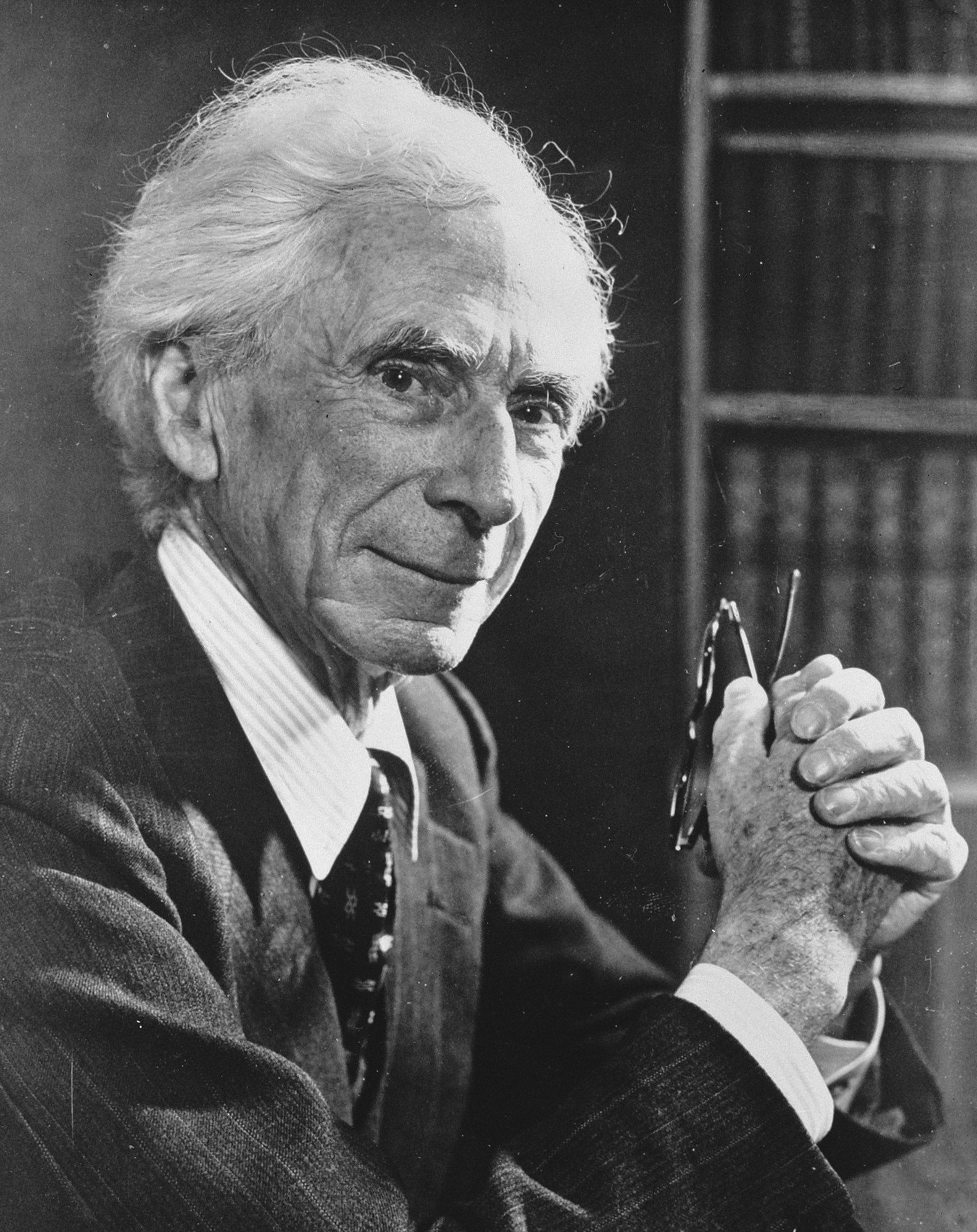Reflection: How to do it
Why bother with a manual on Reflection on how to do it? After all, we surely all know what it is to reflect without need of coaching. For those who do not know it all or who don’t fully see the benefits of reflection, below are pointers that some might find helpful.
It is the mark of a civilised person in a situation that is not too fraught that he or she will make time and space to reflect. The more one does it, the better one gets and if it is a habit one’s whole way of life can be transformed.
Free your mind!
Here are some more suggestions to help you reflect
Consider Other Viewpoints
Personal Credos
Challenge Core Beliefs
Read More – Scientific Advancements
Discover our Guiding Principles
Download the Guiding Priciples
Consider Simple & Instructive Mantras
Take on board platitudinous wisdom like ‘Don’t cry over spilled milk’ and ‘Count your blessings.’ These can be mantras for daily repetition

Nowadays there is guidance on how to Meditate, an industry that comprises for instance breathing techniques with attendant rituals.
Mindfulness with millions of devotees world-wide can help some savour what life has to offer rather than being ‘elsewhere else’ in one’s thoughts. It can be countered: ‘Is one not always in one’s mind, wherever one is?’ A practical offshoot of mindfulness rarely mentioned is that it combats absent-mindedness. There usually is a practical dividend to the right sort of thinking.
The art of Reflection enhances a useful and innate tendency.
There is a tendency in our thought processes not to dwell on things we know. This can result in our not taking them as seriously as we might have done if we‘d had to work hard at understanding them.


This is where, to us, in us, everything happens. As a result of this activity in the mind practical consequences follow as to how to live a life and what to do in given situations.
The Institute is about this.
Reflection is an individual life choice. We are in control of our mind or like to think that we are.
How does one set about reflection or enhancing reflection?
The watchword is ‘attitude’.
Raise the mind to an empyrean that aligns with your view of your place and purpose in life.
Rise above worries or pettiness of the day-to-day. This may not be easy but it is worthwhile. A right attitude and thinking brings results in how to live our lives and in decisions we take. This is true also for those who think with good reason that we learn from mistakes. Going wrong is a precursor to eventually going right.
One’s thinking can see through to what can be bettered.
Different Types of Reflection

Ruminative Reflection
This is often with the purpose of trying to tease out what is really going on in the subconscious. That can be an effect even if it is spelled out as the intention. Carl Jung writes: ‘Until you make the unconscious conscious, it will direct your life and you will call it fate.’

Cerebral Reflection
There is a primarily cerebral type of reflection. We wish, say, to unravel a problem or come up with a solution as to which direction to take at a crossroads’ or at a deeper level come up with guidance as to how to live our lives.
Suggested Articles

Bertrand Russell’s advice when facing others of a different opinion
It is important to learn not to be angry with opinions different from your own, but to set to work understanding how they come about. If, after you have understood them, they still seem false, you can then combat them much more effectually than if you had continued to be merely horrified. I am not suggesting that the philosopher should have no feelings; the man who has no feelings, if there be such a man, does nothing, and therefore achieves nothing.
No man can hope to become a good philosopher unless he has certain feelings which are not very common. He must have an intense desire to understand the world, as far as that is possible; and for the sake of understanding, he must be willing to overcome those narrownesses of outlook that make a correct perception impossible.
He must learn to think and feel, not as a member of this or that group, but as just a human being. If he could, he would divest himself of the limitations to which he is subject as a human being. If he could perceive the world as a Martian or an inhabitant of Sirius, if he could see it as it seems to a creature that lives for a day and also as it would seem to one that lived for a million years, he would be a better philosopher.”
– Bertrand Russell, The Art of Philosophizing and other Essays (1942), Essay I: The Art of Rational Conjecture, pp. 23-4
Download The Manual
Learn more about Reflection and how to do it. Download the manual here.
